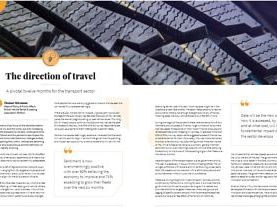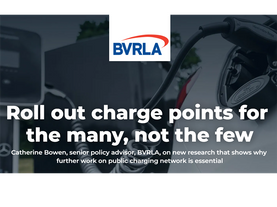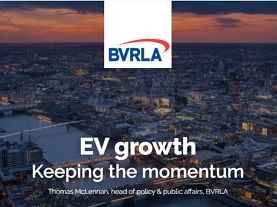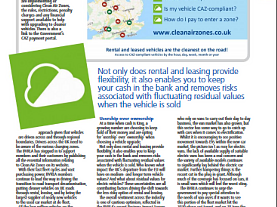BVRLA's Gerry Keaney writes for Fleet Leasing magazine
For almost fifteen years, the UK’s Company Car Tax (CCT) regime was a text-book example of a well-designed and implemented fiscal strategy that delivered everything it was supposed to. As well as securing a healthy stream of revenue for the Exchequer, it provided a fair and well-signposted incentive for companies and drivers to reduce their CO2 emissions.
In doing so, it underpinned the UK automotive sector’s vital fleet market and one of the most popular employee benefits.
In many ways, Company Car Tax was itself like a well-built and expertly driven car that required an annual service at each Budget to keep it running smoothly.
No longer. The current regime now resembles an embarrassing old banger, limping along the road and in danger of failing its MOT. It has been run into the ground and become a victim of too much mis-guided tax-policy tinkering.
The evidence is clear to see. A steady increase in the CCT burden borne by drivers is putting this company car carbon reduction success story at risk. More employees are now choosing to forego a company car in favour of a cash allowance alternative. This typically leads them to choose a personal lease car or use an existing household ‘grey fleet’ car. Both options are worse for the environment, with the average personal lease car emitting 12% more CO2 than a company car and the average grey fleet car emitting 22% more CO2.
Having fewer company cars is not just bad news for the environment, it is also bad news for the Treasury. Analysis from BVRLA members suggests that a typical contract hire company car results in nearly 30% more tax revenue for the Exchequer. When compared to a financed used car, the tax revenues are 50% higher.
Company Car Tax needs an overhaul. The 2018 Budget represents a vital opportunity to restore this classic piece of motoring tax engineering to its former glory, so that it can see out its golden years before being replaced by a new fiscal regime fit for the zero-emission future.
Together with members, the BVRLA is rolling up its sleeves and is ready to get under the bonnet to work with the government in re-tuning the CCT system. We are still working on our blueprint, but we already have a broad plan for delivering a fairer and more sustainable Company Car Tax:
- Bring forward the introduction of lower Company Car Tax thresholds for ultra-low emission vehicles from April 2020 to April 2019
- Eliminate any Company Car Tax or fleet market distortion caused by the transition to the new WLTP emissions standard and use of correlated NEDC values for tax purposes. CCT thresholds will need to be revised down to avoid an unfair tax increase for virtually every company car driver
- Rebalance the Company Car Tax roadmap to provide a fair and proportionate system that supports the fleet sector, protects Treasury revenues and provides a clear incentive to adopt ultra-low emission vehicles
- Provide a longer-term view of future Company Car Tax thresholds, giving company car drivers at least five-years visibility on future rates
The final part of our challenge is convincing government that it needs to listen, that the company car market is worth nurturing. With frequent, well-managed fleet replacement cycles and a rational, cost-focussed approach to selecting new vehicles, policymakers need to understand that BVRLA members can provide the best route for getting ultra-low and zero-emission vehicles onto our roads as quickly as possible.
With the right Company Car Tax regime in place, the Government can improve the uptake of ultra-low emission, Clean Air Zone compliant vehicles and accelerate the adoption of plug-in electric cars. It can support the UK motor industry and deliver a managed transition away from fossil fuels that minimises any financial impact on businesses and individuals.
It is a win-win for all concerned.





